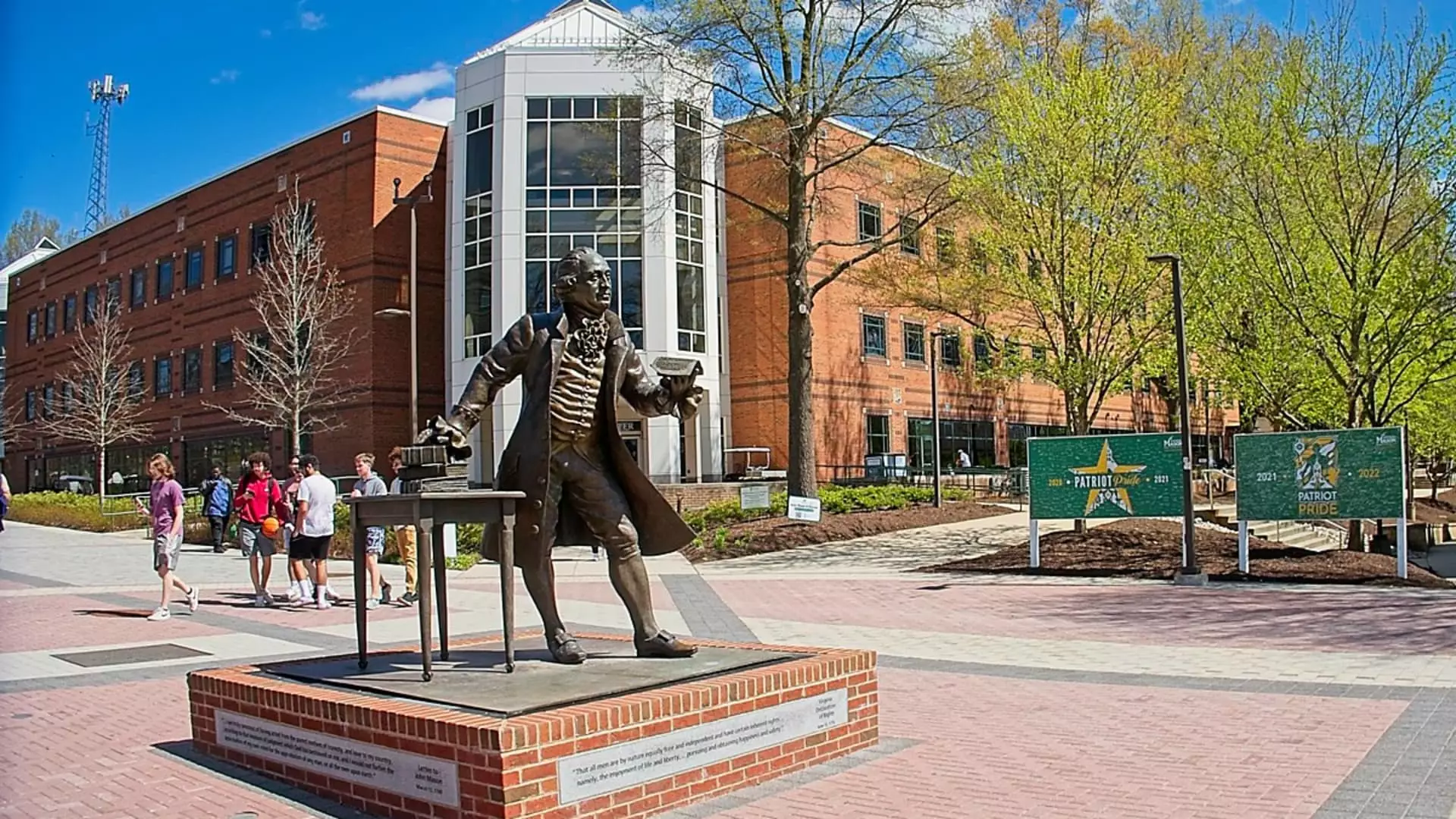In recent months, the federal government’s investigation into George Mason University’s hiring and promotion practices reflects a troubling trend of politicizing higher education under the guise of promoting diversity. While the aim to foster inclusivity is commendable in theory, the reality often devolves into a skewed enforcement of policies that disproportionately favor certain racial groups, undermining the very meritocracy that academic institutions should uphold. The Department of Education’s focus on perceived biases, particularly the allegations of preferential treatment based on race, raises important questions about whether we are genuinely advancing equality or merely reinforcing division under the facade of social justice.
The fact that GMU, a public university with a traditionally center-spectrum reputation, finds itself embroiled in federal probes hints at a broader ideological struggle rather than a sincere effort to establish fair hiring practices. Moving away from a balanced approach, the emphasis on race-conscious policies seems more designed to appease political narratives than to create an equitable environment based on individual achievement. There’s an inherent risk in conflating diversity initiatives with racial quotas or favoritism which, in turn, risks alienating competent faculty members and students who feel their merit is being overshadowed by identity politics.
The Risks of Oversimplifying Diversity: A Binary View of Justice
The controversy surrounding GMU’s diversity efforts exposes a fundamental flaw: reducing complex issues of historical marginalization and systemic inequality into simplistic, racially segmented protocols. The university’s purported “preferential treatment” of underrepresented groups, especially in light of the appointment of its first Black president, could be misinterpreted as tokenism rather than genuine inclusion. Yet, the broader problem lies in the dangerous narrative that equates diversity with unfair advantage, undermining the principle that merit should be the sole criterion for advancement.
Moreover, the Department of Education’s investigation suggests that policies intended to rectify long-standing inequities may, in practice, be perceived as unfairly disadvantaging other groups. It portrays a zero-sum mentality that ignores the multifaceted nature of qualifications and achievement. Truly equitable systems should recognize the value of diverse experiences without compromising standards. Instead, current practices tend to push a one-size-fits-all solution that risks polarizing campus communities and fostering resentment among those who believe they are being systematically overlooked.
Implications for Academic Integrity and Free Thought
By focusing on governmental scrutiny of diversity initiatives, there’s a significant threat to academic freedom and intellectual honesty. Universities like GMU and others under investigation are caught in a clash between institutional values and political agendas. The push to implement policies aligned with federal mandates often results in a chilling effect, where faculty and administrators may feel hesitant to foster open debate or challenge the prevailing narratives in the name of compliance.
The reputation of institutions that have long championed free inquiry and progressive ideas, such as Harvard and Columbia, is now compromised as they become pawns in a broader ideological war. Meanwhile, GMU’s involvement in this controversy further exemplifies the growing divide: on one side, those committed to merit-based practices, and on the other, ideologically driven mandates that threaten to distort priorities. If universities are seen as arenas for political confirmation rather than centers of learning, the integrity of higher education itself is at risk.
The Illusion of Fairness: Wealth, Power, and Political Bias
It’s impossible to ignore the broader socioeconomic and political influence shaping these investigations. The support from conservative donors and organizations, such as those linked to Charles Koch, underscores a desire among certain vested interests to curtail progressive and diversity-driven initiatives within academia. This calls into question whether these federal probes are genuinely about protecting civil rights or are part of a strategic effort to reshape higher education in a more conservative image.
Furthermore, the focus on institutions like GMU—whose funding and donor base generally lean toward conservative causes—may skew the narrative of fairness. It appears that politicized attacks on diversity policies are not merely about safeguarding rights but also about dismantling efforts aimed at correcting historic inequalities. This politicization risks turning higher education into a battleground of ideological supremacy, where the true mission of fostering bright, capable minds is secondary to ideological warfare.
While the pursuit of equity and inclusion is vital, it cannot come at the expense of merit, academic freedom, and fairness. The current trajectory suggests an obsession with ideological conformity, which ultimately undermines the very principles it claims to uphold. Universities must strive for a more nuanced approach—one that recognizes historical injustices without resorting to simplistic, race-based quotas or favoritism. Until higher education can disentangle itself from politicized agendas and return to its foundational values of meritocracy and open inquiry,


Leave a Reply